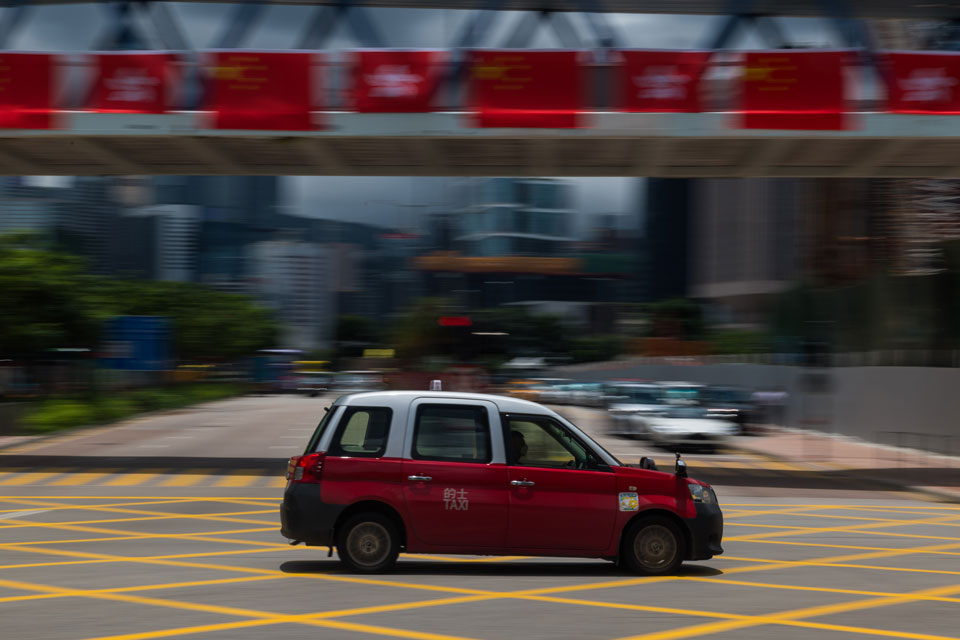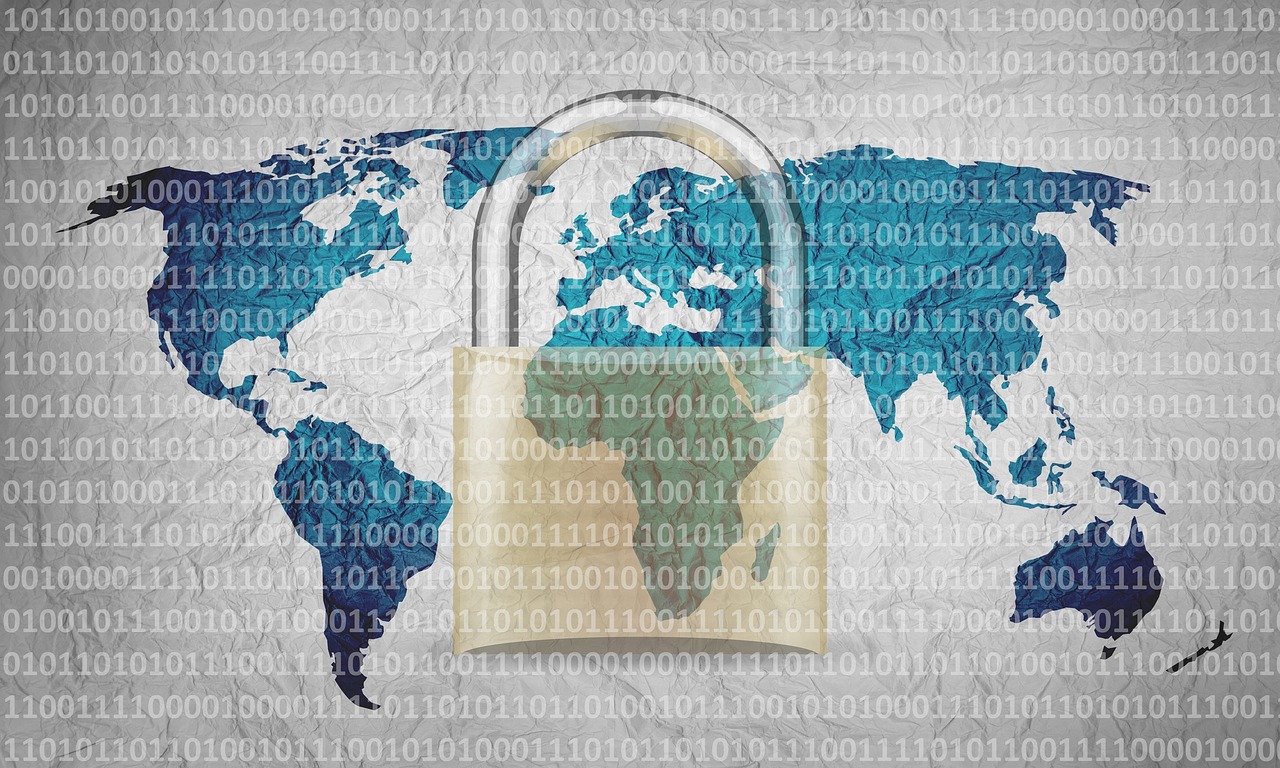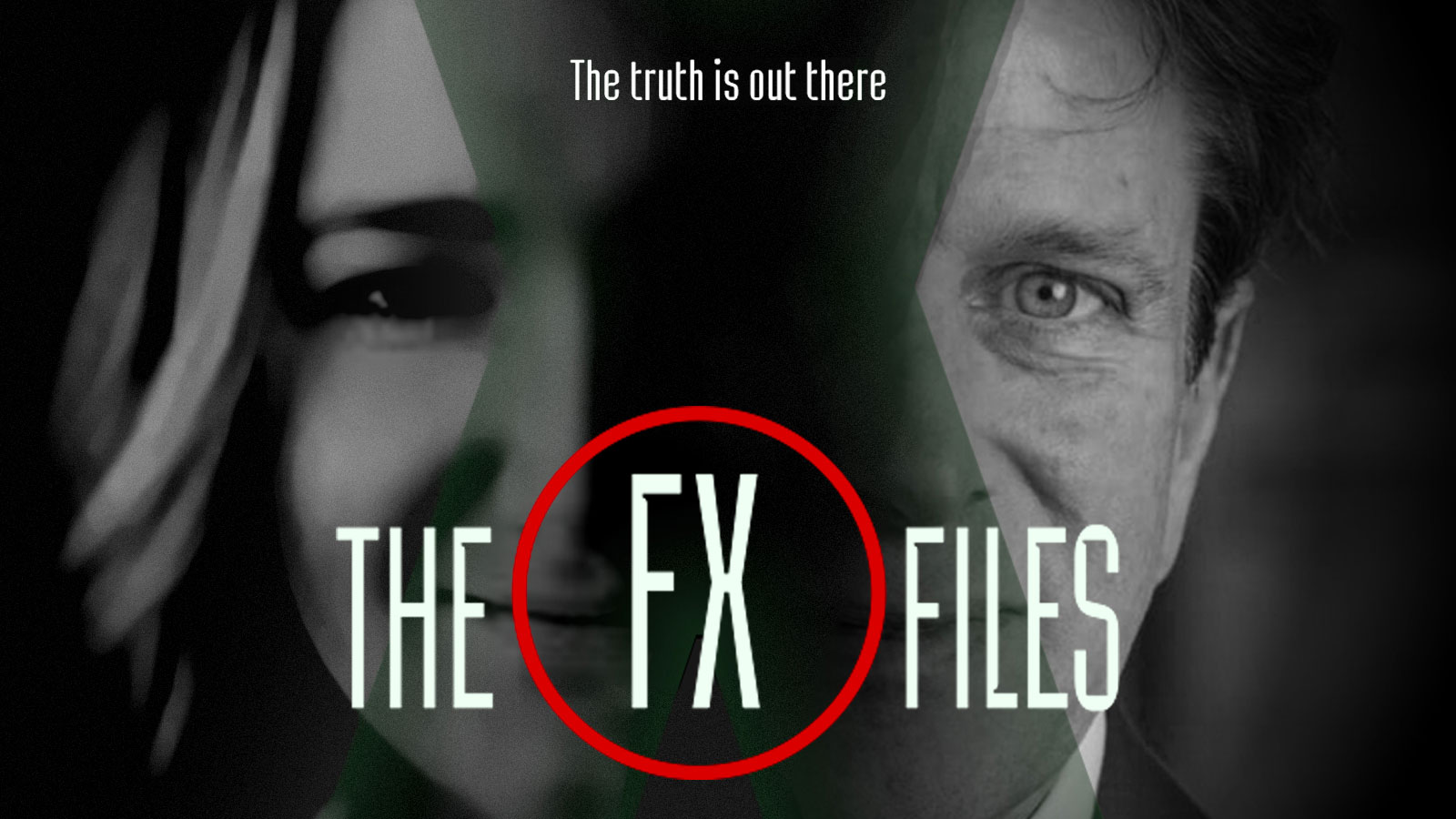In February 2021, 1.4 million people in Hong Kong registered for Kuaishou’s initial public offering. The short video platform, a heavyweight rival to TikTok in China’s smaller cities, saw its offering oversubscribed by 1,200 times, with potential buyers committing a record HK$1.28 trillion ($164 billion).
Jump to:
The $5.4 billion-equivalent offering marked the world’s largest IPO since Uber Technologies’ 2019 deal, which netted $8.1 billion. On its trading commencement, Kuaishou’s shares nearly tripled their IPO price, catapulting the company’s valuation to over HK$1 trillion.
Thanks for your interest in Euromoney!
To unlock this article:





